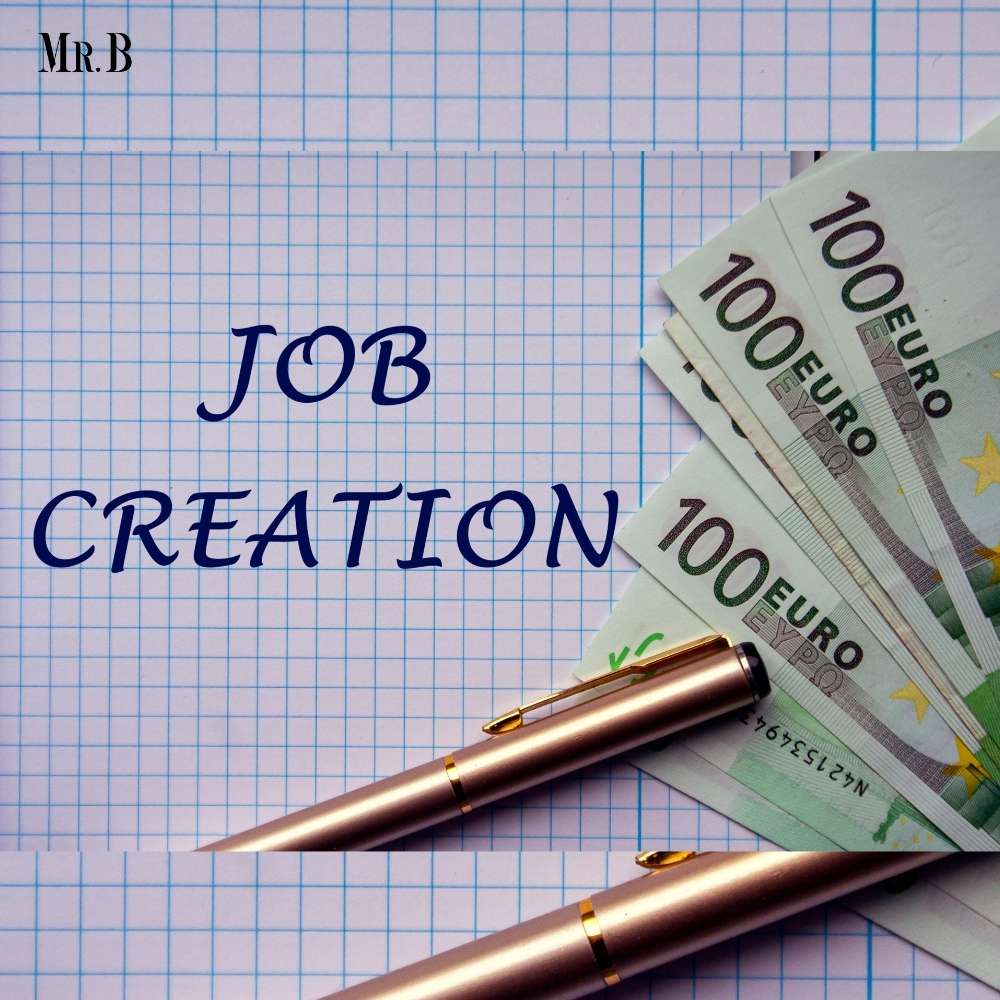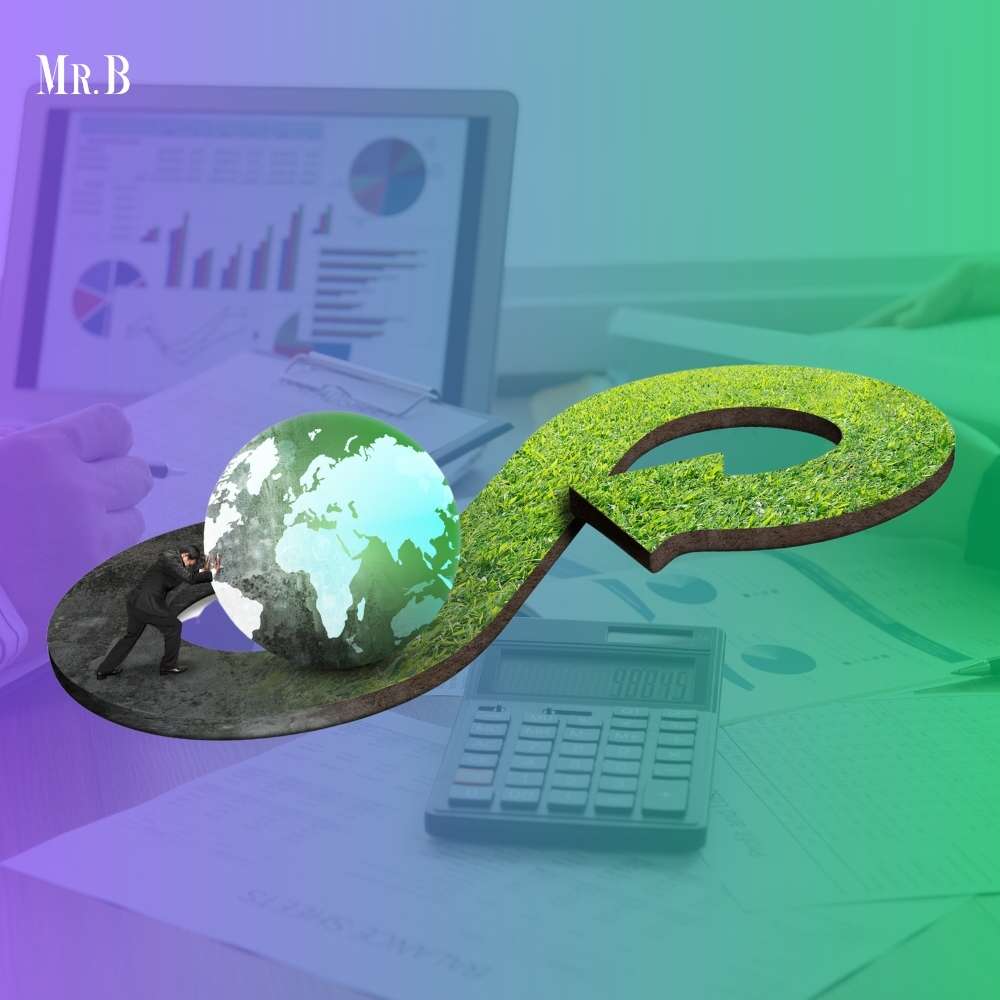The life cycle of a product needs to be maintained. The circular economy functions in this aspect itself. It is a production model that involves reusing, sharing, repairing, refurbishing, and recycling of existing materials and products as long as possible. Businesses strive to be more successful by attempting to be more successful and sustainable.
When a change in the business model is thought, the first consideration is the cost the change will incur. Is it really worth it or not? If the answer is yes, it should of course be implemented and steps for the same should be taken immediately. To accelerate the move to a more circular economy businesses need to evolve more relevant measures of value and give out more performance-driven insights. The fragmented decision-making often fails to recognize and does not consider the entirety of a business’s resourcing capabilities. A circular economy can be of immense benefit to the environment and the planet as a whole.
Circular Economy Consulting: Do Businesses Need to Re-think the Business Models for Sustainability?
The Circular Economy Imperative
The concept of the circular economy is a response to the linear economic model that has dominated for decades. In the linear economy, resources are extracted, used to create products, and eventually discarded as waste. This approach is unsustainable and has led to significant environmental problems, such as resource depletion and pollution.
The circular economy offers an alternative path. It focuses on closing the loop by designing products, processes, and business models that keep materials and resources in use for as long as possible. The goal is to minimize waste and reduce the environmental footprint of economic activities.
Consulting: A Necessity for Businesses
The transition to such an economy is not a simple task for businesses. It requires a fundamental shift in thinking and operations. This is where this type of consulting comes into play. These consultants are experts in guiding businesses through this transformation, offering insights, strategies, and practical solutions to reorient their models for sustainability.
Why is circular economy consulting so crucial for businesses today?

1. Maximizing Resource Efficiency:
Circular economy consulting helps businesses identify opportunities to optimize resource use, reduce waste, and improve efficiency in their operations. Consultants can assess a company’s processes and supply chains to pinpoint areas where materials can be conserved and reused.
2. Reducing Environmental Impact:
By adopting circular economy principles, businesses can significantly lessen their environmental impact. This economy consulting assists in identifying eco-friendly materials and sustainable practices that reduce carbon emissions, conserve water, and minimize pollution.
3. Mitigating Supply Chain Risks:
In a world where resources are becoming scarcer, businesses that rely on a linear model face increasing supply chain risks. Such consulting enables companies to diversify their resource base, making them less susceptible to market fluctuations and resource shortages.
4. Enhancing Innovation:
The circular economy encourages innovation by challenging businesses to think creatively about product design, recycling, and resource management. Consultants can help businesses find innovative solutions that not only benefit the environment but also boost competitiveness.

Creating Value Through Circular Economy Approaches
Circular economy consulting helps businesses recognize the inherent value in adopting circular models. Contrary to the misconception that sustainability is a cost, businesses can generate value through circular practices in various ways:
1. Extended Product Lifecycles:
Circular models prioritize product durability and longevity. This not only reduces waste but also enhances a company’s reputation for producing high-quality, long-lasting products.
2. Resource Efficiency:
Maximizing the use of resources and materials reduces the need for continuous extraction and production, ultimately reducing costs and conserving valuable resources.
3. New Revenue Streams:
These practices often create opportunities for generating revenue through product remanufacturing, recycling, and selling secondary materials.
4. Brand Loyalty:
Consumers are increasingly eco-conscious. Businesses that adopt circular economy principles demonstrate their commitment to sustainability, which can lead to increased customer loyalty and preference.
5. Risk Mitigation:
These type of economy practices can help mitigate risks associated with resource scarcity, price volatility, and regulatory changes. Companies that proactively address these issues are better prepared for future challenges.
Benefits to Society
While businesses stand to gain from adopting circular economy principles, society as a whole also reaps significant benefits:
1. Environmental Preservation:
Circular economy practices reduce resource depletion, pollution, and the generation of waste, contributing to a healthier planet.

2. Job Creation:
The economy often requires a more extensive network of collection, refurbishment, and recycling, creating job opportunities in these sectors.
3. Lower Carbon Footprint:
A circular economy results in reduced greenhouse gas emissions, helping combat climate change.
4. Resource Conservation:
By keeping resources in circulation, future generations are more likely to have access to essential materials and commodities.
5. Economic Resilience:
An economy is less vulnerable to resource price fluctuations and supply chain disruptions, contributing to economic stability.
Conclusion
The circular economy is more than just a buzzword; it’s a sustainable business model that offers tremendous advantages to both businesses and society. This type of economy consulting is the catalyst for this transition, guiding companies toward a more responsible, resource-efficient, and environmentally friendly future. By rethinking their business models through the lens of this economy, businesses can reduce waste, enhance resource efficiency, and generate value while benefiting society through environmental preservation and economic resilience. This economy consulting is no longer an option; it’s an imperative for businesses looking to thrive in a rapidly changing world, where sustainability is the key to long-term success.








